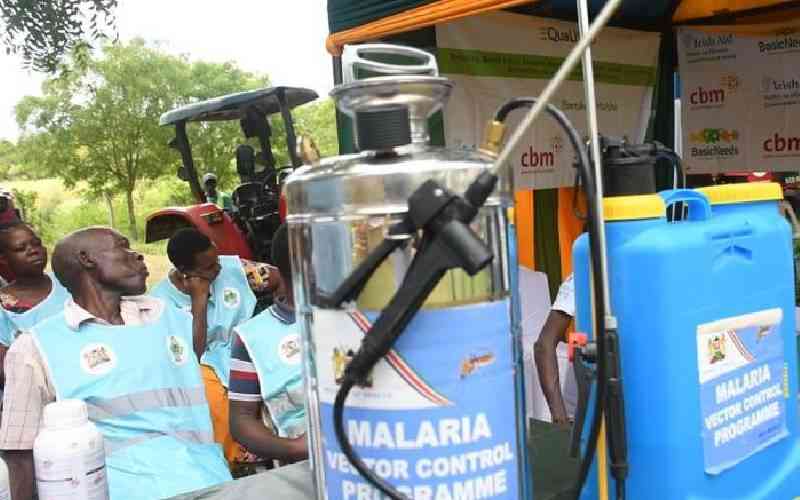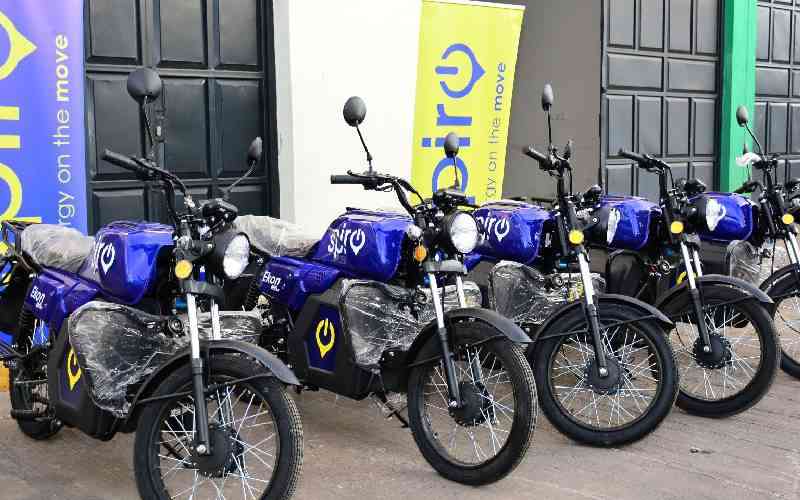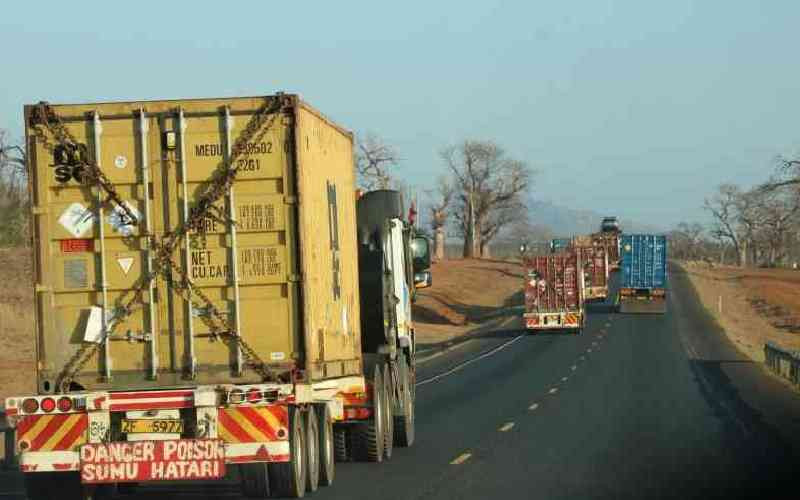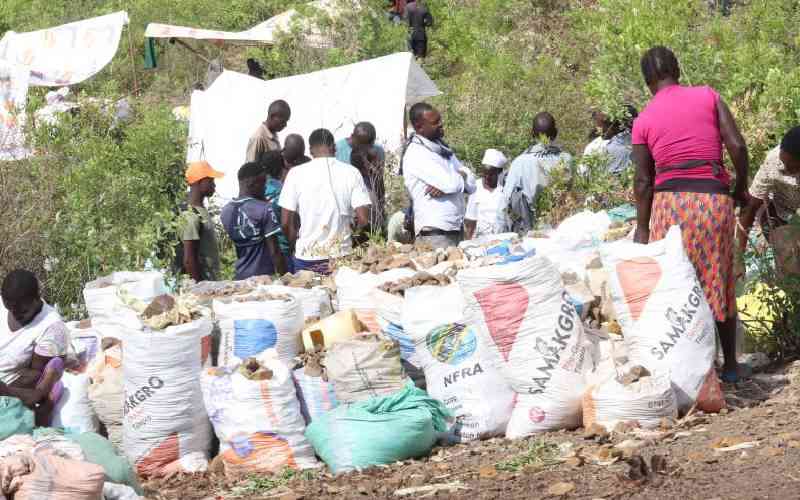
Kenya is among eight African countries that participated in clinical trials for a newly approved malaria treatment, specifically designed for newborns. Other participants, include Nigeria, the Democratic Republic of Congo, Burkina Faso, Mali, and Zambia.
The medicine, Coartem Baby (artemether‑lumefantrine), was approved by Swissmedic, Switzerland’s regulatory authority. This marks a significant milestone in the fight against malaria in infants, as it becomes the first treatment developed for use in newborns.
The therapy, also known as Riamet Baby, is expected to be rolled out in Kenya and other malaria‑endemic African countries in the coming months. It is a dissolvable powder that can be mixed with breast milk and flavoured with sweet cherry to facilitate administration to babies.
Developed by the Medicines for Malaria Venture (MMV) in collaboration with Novartis, Coartem Baby aims to address the high burden of malaria in infants. MMV highlighted that the eight participating countries are expected to grant rapid national approval under Swissmedic’s Marketing Authorisation for Global Health Products process.
The Swissmedic approval followed Phase II and III studies that established a new dosage ratio of artemether and lumefantrine, tailored for infants under five kilogrammes. It is indicated for treating malaria in newborns and young infants weighing between two and under five kilogrammes, infected with Plasmodium falciparum or mixed infections.
Novartis plans to distribute the infant‑friendly medication on a largely not‑for‑profit basis, ensuring affordability in malaria‑endemic regions. MMV CEO Martin Fitchet said, “Malaria is one of the world’s deadliest diseases, particularly among children. But with the right resources and focus, it can be eliminated.”
He added that Coartem Baby “provides an optimised dose to treat an otherwise neglected group of patients and offers a valuable addition to the antimalarial toolbox.”
Currently, no authorised malaria treatments exist for babies weighing less than 4.5 kg, who have often been treated with formulations meant for older children, creating risks of overdose and toxicity. With approximately 30 million babies born annually in malaria‑risk areas of Africa and infection rates in infants under six months ranging from 3.4 per cent to 18.4 per cent in West African surveys, the need has been urgent.
Development of the new dosing strength was led by Novartis, with financial and scientific support from MMV as part of the PAM Africa Consortium, funded by the European & Developing Countries Clinical Trials Partnership and the Swedish International Development Cooperation Agency. Novartis CEO Vas Narasimhan remarked, “For more than three decades, we have stayed the course in the fight against malaria, working relentlessly to deliver scientific breakthroughs where they are needed most.”
In Kenya, malaria remains a major public health challenge, 75 per cent of the population is at risk. According to WHO, malaria caused approximately 11,478 deaths in Kenya in 2023. Meanwhile, Ministry of Health data estimates around 10,700 annual deaths, primarily in children under five, with 3.5 million clinical cases per year.
“Coartem Baby is groundbreaking. It is safe and effective in treating malaria in babies under five kilogrammes,” asserted Dr Simon Kariuki of the Kenya Medical Research Institute (Kemri).
Previously, adult or child formulations were repurposed for infants by dividing doses, a method lacking clear safety or toxicity data. “Current remnant of malaria drugs had no data on how safe it was and how toxic it was. The drug becoming available is a big boost in the fight against malaria because it means that we have a safe drug that can be used to treat children,” he said.







